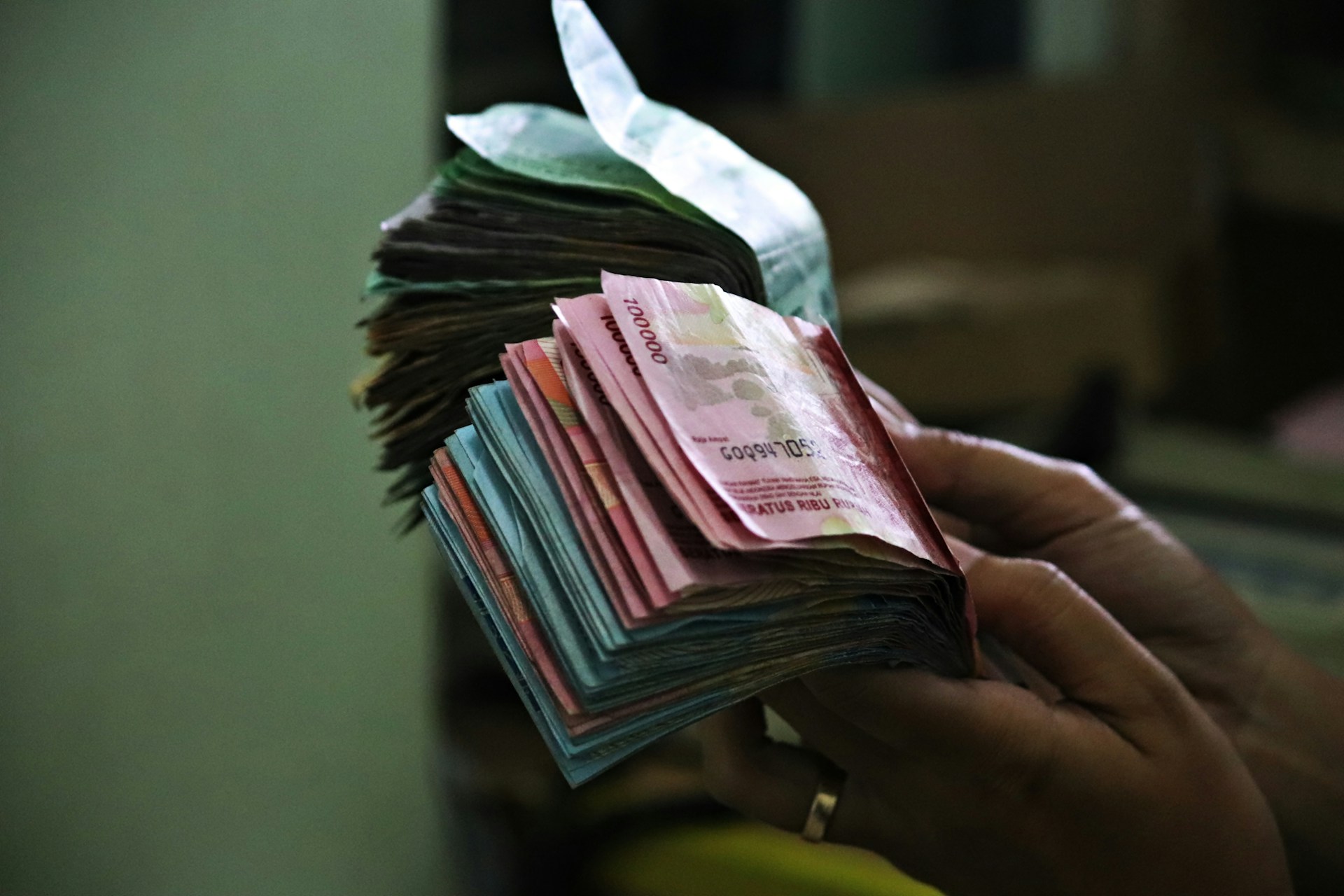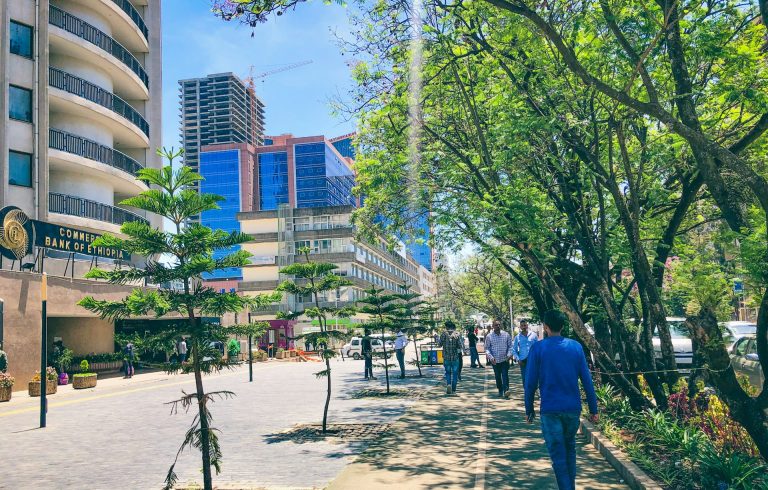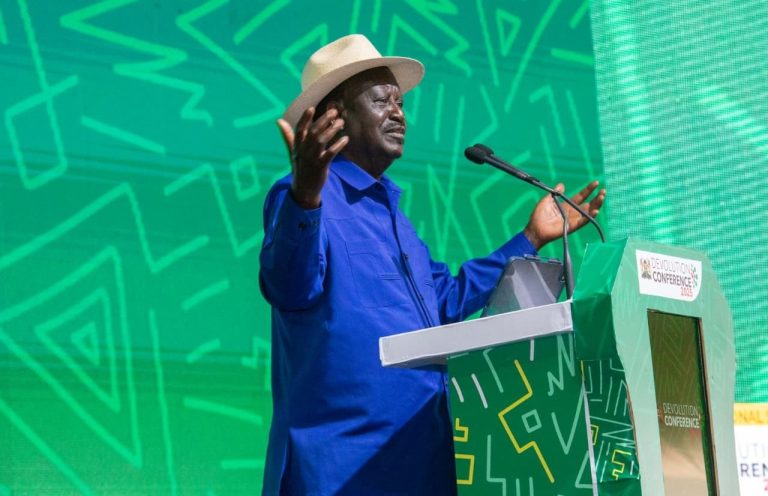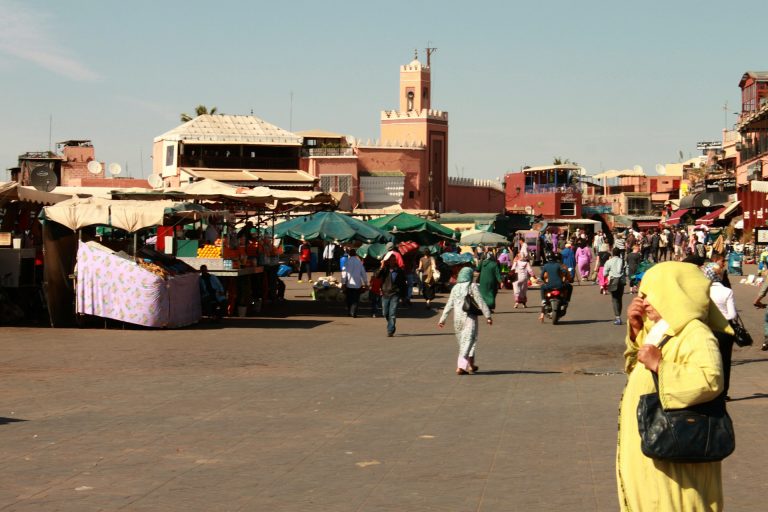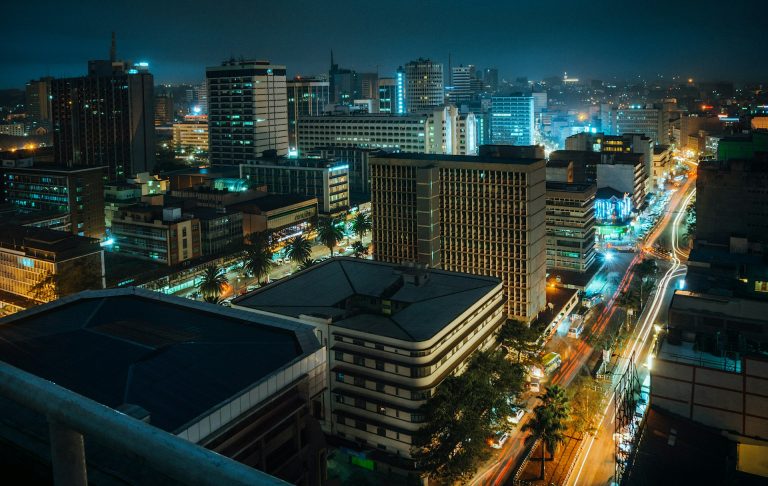Nigeria, South Africa, Mozambique and Burkina Faso’s removal from FATF’s grey list signals a new era for Africa’s financial credibility.
When the Financial Action Task Force (FATF) announced in Paris that Nigeria, South Africa, Mozambique and Burkina Faso had been removed from its global “grey list”, the reaction across Africa’s financial circles was immediate – cautious relief mixed with renewed optimism.
The delisting, hailed as a “vote of confidence” in Africa’s two largest economies, marks a turning point in the continent’s long struggle to convince the world that its financial systems can meet global anti-money-laundering standards. For years, grey-listing branded these countries as high-risk investment destinations, deterring foreign capital and raising the cost of doing business.
“Grey-listing acted like a warning label on African markets,” Nick Benson, a risk control analyst based in South Africa. “It made global banks hesitant and investors wary, especially in sectors like fintech and energy where transparency is everything.”
From caution to confidence
Being on the FATF’s increased monitoring list is not the same as blacklisting, but the economic pain is real. Transactions become slower and more expensive, correspondent banks raise compliance costs, and international lenders demand higher premiums. For Nigeria and South Africa, both battling inflation, currency instability, and weak growth, the label was an added drag.
Nigeria responded with tighter oversight of digital and mobile money operations, closer coordination between its Financial Intelligence Unit and the Economic and Financial Crimes Commission (EFCC), and stricter supervision of politically exposed persons. South Africa, reeling from the aftermath of state capture scandals, enacted sweeping reforms empowering regulators to trace illicit transactions and prosecute public officials.
The FATF credited both nations for showing “substantial effectiveness and political commitment” but urged continued vigilance. Mozambique and Burkina Faso were also commended for enhancing controls over cross-border cash movements, especially in areas affected by insurgent financing.
The reforms are already beginning to pay off. In Nigeria, the naira has seen modest stabilisation against the dollar amid renewed investor sentiment. Analysts at Coronation Merchant Bank say delisting could lower transaction costs for cross-border businesses and attract new inflows into the financial sector.
“Confidence is a currency in itself,” said Toyin Sanni, a Lagos-based emerging markets expert. “Delisting signals that Africa’s biggest markets are open for business under stronger governance, which will draw long-term investors back.”
Beyond compliance: restoring public trust
Yet the benefits extend beyond boardrooms and bond markets. For millions of Africans – particularly the youth – this could help restore faith in financial governance. In many countries, frustration runs deep over elites who launder public funds abroad while unemployment remains above 30% in nations like South Africa and Nigeria.
Stronger compliance frameworks mean it becomes harder for illicit wealth to escape scrutiny. In South Africa, regulators now require enhanced due diligence on politically linked accounts, a move that analysts say could curb grand corruption. Nigeria’s banking watchdogs are leveraging technology to flag suspicious flows in real time, closing loopholes that once enabled large-scale graft.
According to the United Nations Office on Drugs and Crime (UNODC), Africa loses over $88 billion annually to illicit financial flows – funds that could have been channelled into schools, hospitals, and youth employment programmes. The FATF delisting, therefore, represents not just a regulatory achievement, but an opportunity to reclaim that capital for development.
Still, challenges remain. Experts warn that complacency could reverse progress. “Delisting shows improvement, not perfection,” said Dr. Mmatlou Kalaba, a trade economist in Ghana. “Sustaining these reforms will require insulation from political interference, especially as elections approach in South Africa and Nigeria.”
Africa’s two financial powerhouses often set the tone for regional markets. Their removal from the grey list could inspire confidence rebounds in others still grappling with FATF scrutiny. If sustained, this could translate into greater access to credit, renewed project finance, and job creation across the continent’s manufacturing and digital sectors.
The FATF still lists 20 countries under increased monitoring, including Cameroon, Kenya, Côte d’Ivoire, Namibia and the Democratic Republic of Congo. For them, the message is clear: credible reforms yield economic dividends.
As investors re-evaluate Africa’s risk profile, the continent stands on the cusp of a reputational revival. Whether this moment leads to inclusive growth or becomes another passing headline depends on political will – and the ability of African leaders to prove that financial integrity is more than a box-ticking exercise.
